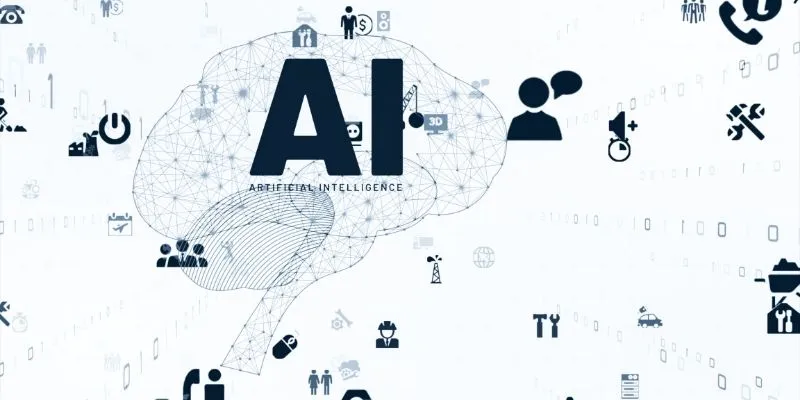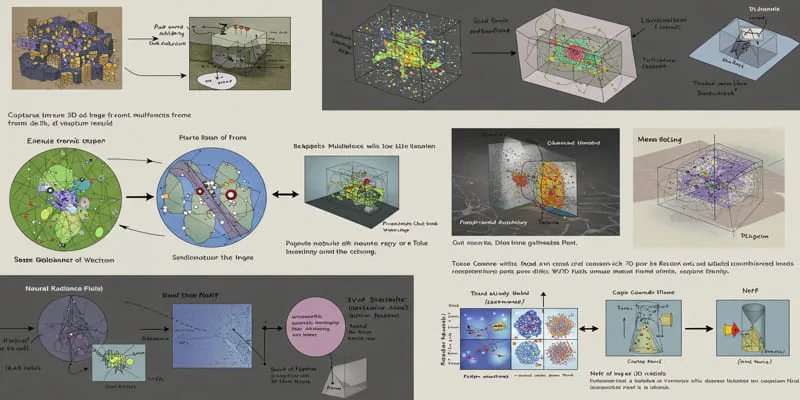Artificial Intelligence (AI) is revolutionizing industries across the globe, and the retail sector is no exception. Retailers are leveraging AI to transform customer interactions, predict consumer behavior, personalize shopping experiences, and manage inventory efficiently. This technological advancement is not just a trend; it’s a necessity for staying competitive. Over 80% of global brands are now adopting AI to meet market demands and outpace competitors. If you’re curious about how AI is reshaping the retail industry, read on!

11 Ways AI is Enhancing the Retail Industry
Discover how AI is making a significant impact on the retail sector:
1. Predicting Customer Preferences with Machine Learning
AI enables retailers to analyze vast amounts of data to uncover patterns and trends in customer behavior. By anticipating shifts in consumer preferences, businesses can proactively adjust their strategies, ensuring they remain competitive and aligned with customer demands.
2. Enhancing Customer Experience with AI Chatbots
AI chatbots and voice assistants like Siri, Alexa, and Google Assistant are enhancing customer experiences in retail. These technologies support shoppers in-store and online by providing product recommendations, updates on new arrivals, and easy navigation. Notably, 1-800-Flowers uses its virtual assistant, Gwyn, to guide customers effectively.
3. Simplifying Shopping with Visual Search
Visual search is revolutionizing online shopping by allowing customers to use images instead of text to find products. By snapping photos of desired items, shoppers can discover similar products quickly. Advanced tools even use augmented reality to visualize products in real life.

4. Optimizing Supply Chain Management
AI is critical in managing supply chains more effectively. With AI-powered tools, retailers can predict product demand, reduce shortages, and make informed decisions based on real-time data. For instance, Otto, a German online retailer, uses AI for accurate sales forecasting, significantly reducing excess stock.
5. Streamlining Checkouts with AI-Powered Systems
AI is transforming the checkout process by introducing automated systems that scan items without the need for cashiers. This technology speeds up shopping while reducing operational costs. Amazon Go is a prime example, where customers can shop and leave without traditional checkouts.
6. Personalizing the Shopping Experience
AI customizes online shopping experiences by tailoring websites based on user preferences and past behavior. This personalization helps retailers engage customers more effectively and increase sales by showing products and offers that match individual interests.
7. Implementing AI-Based Pricing Strategies
AI assists retailers in setting competitive prices by analyzing data like past demand, customer behavior, and competitor pricing. For example, Kroger uses AI to adjust prices dynamically, ensuring they remain attractive to customers while maximizing sales.
8. Tracking Customer Satisfaction with AI
AI helps monitor customer satisfaction by analyzing facial expressions and emotions. Walmart uses this technology to improve customer service by alerting staff to assist frustrated shoppers, enhancing overall satisfaction.
9. Offering Personalized Product Recommendations
AI-driven product recommendations can significantly boost sales. By analyzing customer data, AI offers tailored suggestions that align with shopper preferences, enhancing the likelihood of purchase.
10. Increasing Efficiency in Document Management
AI automates document management tasks, freeing up employees to focus on complex responsibilities. For instance, Google’s AI tools streamline document scanning and information retrieval, boosting productivity in the retail sector.
11. Enhancing Store Security and Theft Prevention
AI-powered cameras detect suspicious activities, reducing theft and improving store security. Amazon uses such systems to minimize errors and fraud, while smart systems analyze foot traffic to provide valuable insights for enhancing customer loyalty.
Conclusion
AI is transforming the retail industry by providing innovative tools for enhancing customer service, streamlining operations, and staying competitive. As AI technology continues to evolve, its role in retail will expand, making it an indispensable asset for retailers and consumers alike.
 zfn9
zfn9






















